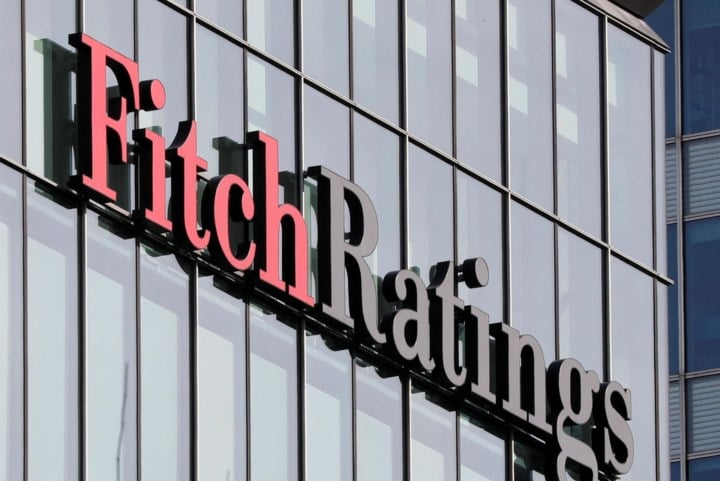After a lower credit score for Belgium: what do those rating offices actually do? And how big is their power?

Fitch ratings, that’s the name of the company that has given Belgium worse points. Founded in New York by Mr. Fitch in 1914 and currently fully in the hands of another American private company, Hearst.
Together with Moody’s and market leader Standard & Poor’s, which yesterday, Brussels came up with a lower score, is one of the ‘big three’ that together have around 95% in the hands of their market: giving points. Points that the entire financial world listens with great interest.
One question
The three credit agencies extend countries and large companies to give an answer to one question with one score: how sure I can be that I get my money back when I lend it? Feel free to compare it to what the bank does when you come to ask for a mortgage loan. They also inform you to get an answer to that demand and to align their offer. Highly educated couples usually come out with an advantageous interest rate, a single person without savings can be happy if it gets a loan at all.
Read too. It is not only Vivaldi’s fault: why Fitch is so critical of Belgium and De Wever
Countries and large companies are of course more difficult to light, especially if they often need extra money. And so the lenders like to look at the scores of Fitch and Co. A country like Germany is the beacon of reliability within Europe, with the maximum score: AAA in all three credit agencies.
Lots of people
« Those credit agencies not only look at the evolution of public finances, but also the long-term shelf life, » says ING head economist Peter Vanden Houte. « They are not awake from a recession and an increasing number of unemployment benefits, but from the question of whether the debt remains manageable. That is why they also count the growth potential. »
« They » are the economists and lawyers who are employed by such a credit agency. « They come to talk to people who follow the Belgian economy closely in order to separate more info, » says Vanden Houte.
The National Bank and the cabinets, among others, receive a visit from the credit rating agents. Or cheers of a bank. « They will speak with a lot of people and official organisms. They then ask how effective the measures that the government has taken to reduce unemployment. »
Don’t build a tire
The credit agencies can give around twenty scores, with Fitch that is between AAA and D. A reduction in AA to A+ is a small step, but can have greater consequences in the long term. « At the moment the differences are very small, » says Vanden Houte. « Germany has AAA and can currently borrow at 2.49%, Italy has BBB and lends to 3.45%. Belgium is there with 3.07% in between: the difference is not huge and we will not suddenly pay 1% extra interest. But if the market were to start worrying, those differences could become greater. »
Read too. « War makes Trump rich »: Rousseau refuses to play in American game
It only really gets exciting if you were to drop under BBB. « That lies the boundary of investment worthy, everything underneath is called the mess. The major investment funds and pension funds have in their contract conditions that they only invest in companies that are investment worthy. But we are still, it is still just one agency that gives us only one A. »
It is striking that three American agencies have so much power about the conditions to which a country can borrow. « The teams change regularly, » says Vanden Houte. « They move on for the two to three years. Because if you follow a certain country for too long, you will get a bond with it. »
Not like Michelin
How do those agencies earn their money? Simple. The countries get their score unsolicited, but it is different for companies. If they take out a loan from investors in the form of bonds, they naturally want to do that at low interest rates and yet pull many investors. And so they are only too happy to pay a lot of money to one of those big three for a credit score.
The fact that those scores can still lead to abuses proves the economic crisis of 2008. The American housing market collapsed like a house of cards when it turned out that S&P and Moody’s consistently gave an AAA score to bonds that banks deregistered to finance Rommelhypotheken. The debt crisis in Greece in 2010 was also drilled by the low scores of the credit rating agencies.
« After the credit crisis, the role of those agencies came under great pressure, » says Vanden Houte. « It is reminiscent of a restaurant owner who pays Michelin to be admitted to it. » This is paid to stick three A’njes on it, « was the criticism. It was questioned for a time and it was considered to leave that credit assessment to, for example, the European Central Bank, but that has been blown. »








